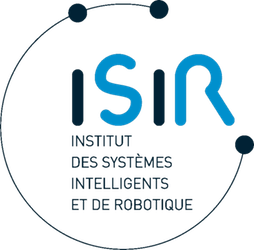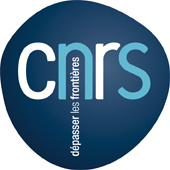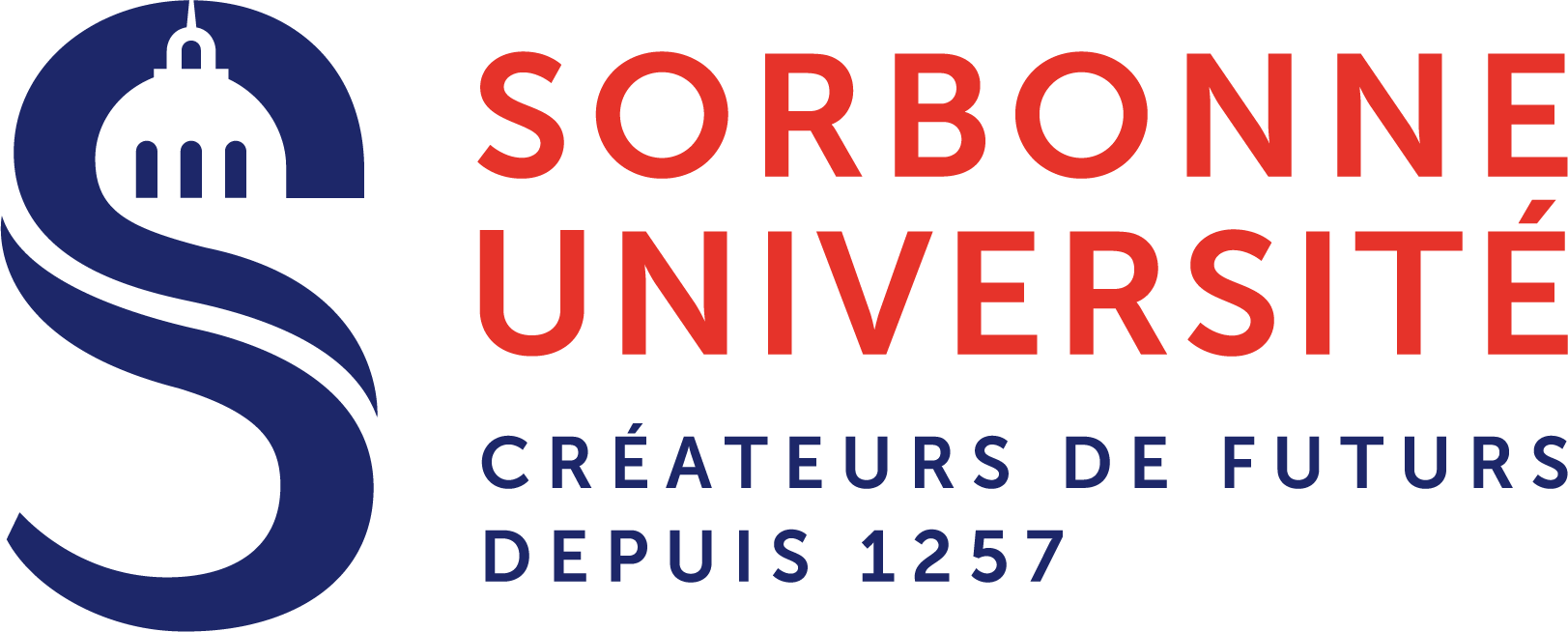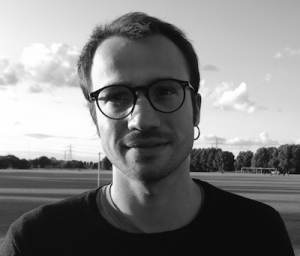In France, the Habilitation is a step in the research career of junior/intermediate researchers. It gives candidates the right to direct a doctoral thesis independently (instead of co-directions only). It also allows them to apply for higher-rank positions such as full professor or research director positions.
On May 15th, 2023, Baptiste Caramiaux has defended his Habilitation, covering ten years of research and supervision. The Habilitation is called “Machine Learning in Interaction: Tool, Material, Culture“.
The defence has been recorded and can be watched on YouTube: https://youtube.com/live/O9wfzKIa8ic
Summary
In this habilitation, I emphasise the importance of a perspective on machine learning (and artificial intelligence) technologies situated in interactions with people and contexts of development and use. Through my research over the past ten years, in collaboration with my students, post-docs, and colleagues, I articulate three perspectives: machine learning as a tool, material, and culture. First, I show that machine learning can be seen as a tool acting on objects situated in their context. This view has several limitations, which are highlighted in creative applications. Secondly, I show that machine learning has materiality, useful for system design. This materiality makes the technology dynamic and expressive, highlighting its cultural dimension developed in the third part. As a culture, I show that this technology is often communicated in a normative way, reducing the possibilities of discourse and interaction. And I propose examples of alternative discourses on technology from artistic works. In conclusion, I discuss the interrelationships between these three perspectives and how they can be linked in a human-computer interaction research programme.
Jury
– Susanne Bødker, Professor, Aarhus University (Reviewer)
– Elisa Giaccardi, Professor, Delft University of Technology (Reviewer)
– Myriam Lewkowicz, Professor, Université de Troyes (Reviewer)
– Alex Taylor, Reader, City University of London (Examiner)
– Rebecca Fiebrink, Professor, University of the Arts London (Examiner)
– Jean-Daniel Fekete, Director of Research, Inria (Examiner)



